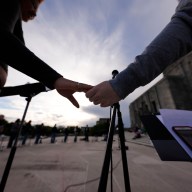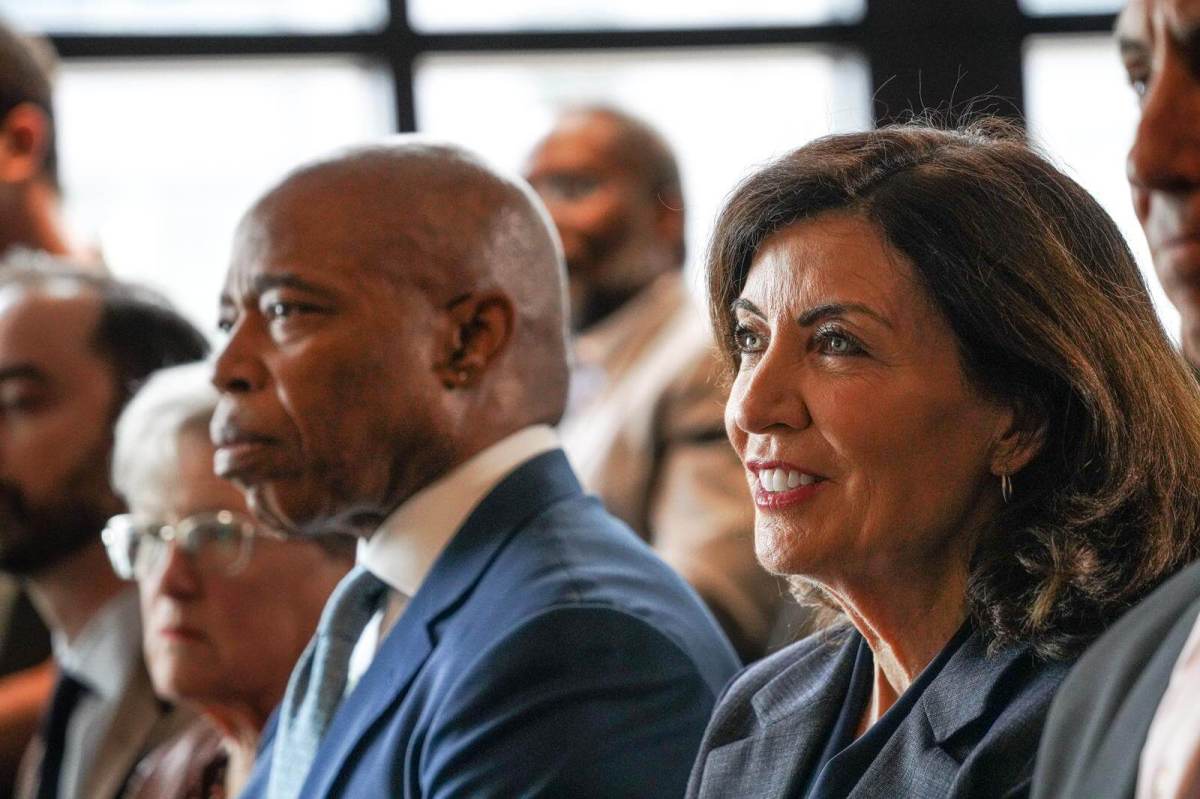Determining the “best interest of the child” is a daunting task in our own culture, let alone Haiti. The catastrophic quake has left thousands of children orphaned. With the international community and the Haitian government trying to put the pieces together, the overlapping convergence of corruption, the black market threat and well-meaning, overzealous efforts leaves these children in a precarious clutch.
Starting with the Haitian government: According to the global Corruptions Perceptions Index and the International Red Cross, this government ranks among the most corrupt in the world, with its citizens living under harsh, grinding poverty. Yet the Haitian government is guardian over the well-being of vulnerable children following the devastating quake. The Haitian government recently demonstrated its heavy-handedness with members of an American Baptist Church on an eager rescue mission without government authorization. These less than sagacious members were apprehended and charged with kidnapping Haitian children. With government collaborated adoptions, no one knows how much money goes into its coffers and whether the motive is really in the children’s interest or to “market them off” to wealthier families abroad.
That being said, the children are in grave danger of becoming potential victims to real criminals: the unscrupulous associates of black market human trafficking, where sex and organs are the products sold. Individual predators pose another risk, so the impervious challenge is to protect them, and it hasn’t been clear how, since Haiti has no trusted policing mechanisms.
A separate concern that pales by comparison to human trafficking: well-meaning foreign agencies moving ahead too quickly “in the best interest of the child,” yet insensitive to Haitian culture of which a positive element is the integral role of the extended family. Economically speaking, it is inarguable that Haitian children adopted by overseas parents have come into a windfall, but ethically speaking, this does not give helpers’ the right to determine these grief-stricken children’s future before families have been reunited and consulted. This doesn’t apply to adoptions that started before the quake.
Haitians have always known the scourge of poverty and government corruption. Struck by the catastrophic quake, they are now vulnerable and desperately in need of international support, but to suggest that Haitians–in turn– be stripped of their personal rights to dignity and self determination is ethically immoral. Many families may eventually opt for the adoption choice, but it should be theirs. The purest form of giving is with patience, compassion and sensitivity.
















